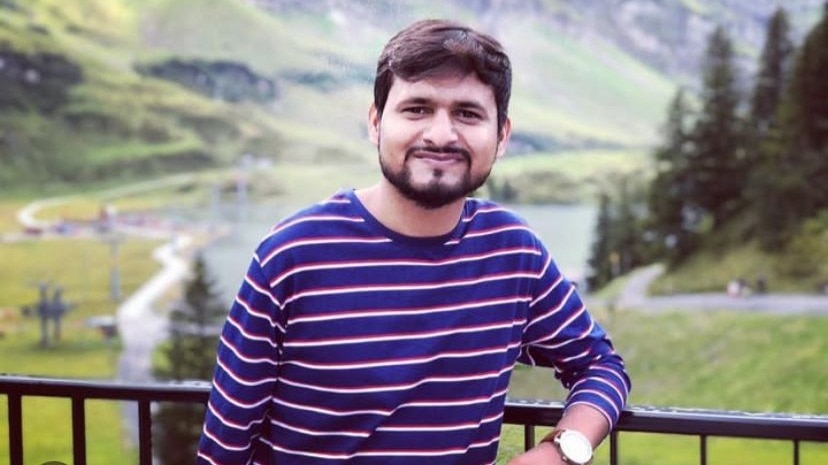Terrorists Demand Religious Recitation Before Fatal Shooting in Pahalgam Encounter

In a horrifying act of religious intolerance, a group of terrorists targeted an unsuspecting couple, subjecting them to a brutal test of faith. The assailants approached the pair and demanded they prove their Muslim identity by reciting the Kalma, a fundamental Islamic declaration of belief.
When the couple remained silent, unable or unwilling to respond to the militants' challenge, the situation quickly escalated into violence. Without hesitation, the gunmen shot the husband, brutally ending his life in front of his traumatized wife.
In a heart-wrenching moment of desperation, the grieving wife begged the terrorists to take her life as well. However, in a cruel twist of fate, the gunmen coldly refused her plea, leaving her to survive the traumatic ordeal and bear witness to the senseless violence.
This chilling incident serves as a stark reminder of the ongoing religious persecution and extreme violence that continues to plague vulnerable communities in conflict-ridden regions.
